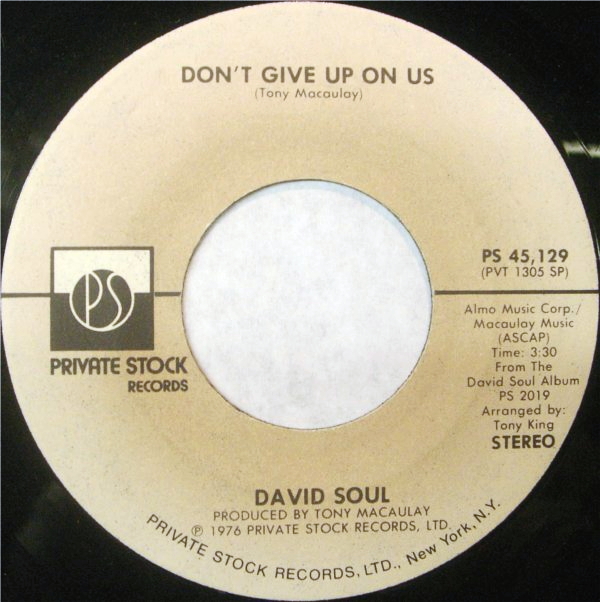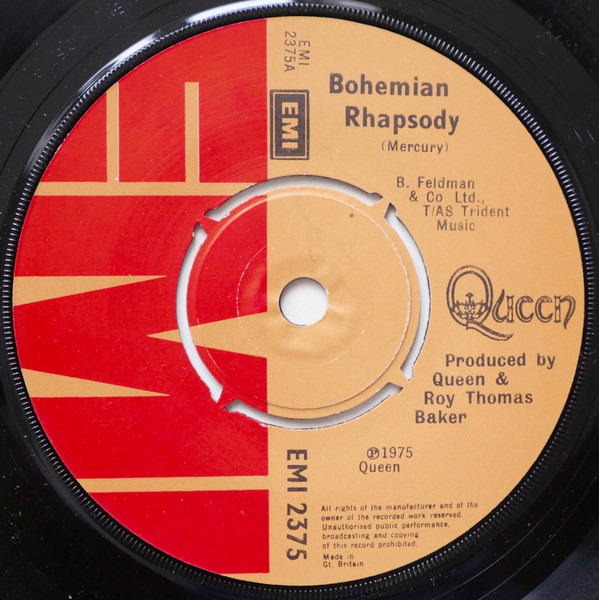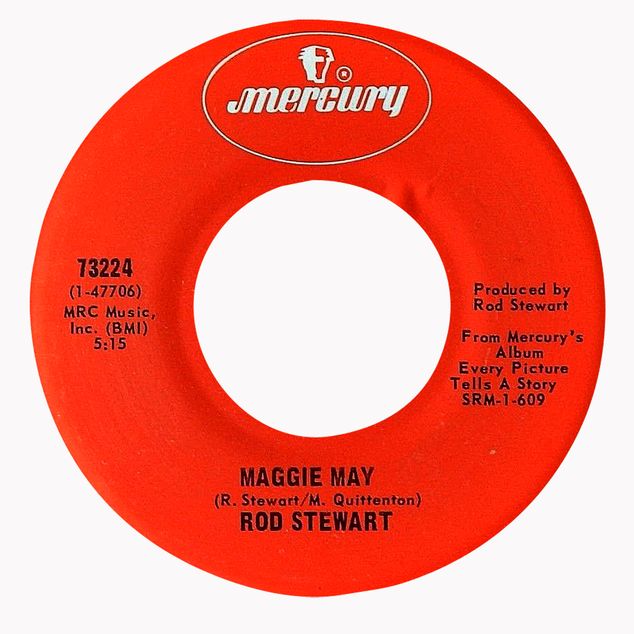Early during the rehearsal process for our Lantern Theater production of Harold Pinter’s BETRAYAL, I spent one particular night falling into a fun click-hole of internet research. I like to include music in my preparation work whenever it is reasonably applicable, and as BETRAYAL is set during the 1970s and late 60s, it seemed like a good excuse to remind myself of all the great popular music of the era. Then I recalled that the Top 40 music charts of the time were not the same in Great Britain as they were in the United States, and since the play is about Londoners who spend most of their time in and around London. I felt some discovery exercises were in order. There would certainly be some overlap between the UK and US charts with plenty of familiar music, but there were bound to be new discoveries, and different titles topping off each year’s list. First I went searching for the rankings themselves, and then bounced back and forth from iTunes to YouTube seeking audio samples of the song titles I didn’t recognize.
David Bowie, “The Rise and Fall of Ziggy Stardust, Side One, 1972 - Which is NOT one of the years I had to research for the play.
Pinter’s play follows a unique structure, beginning at the “end” of the story in 1977, and then jumping successively backwards chronologically, a year or two at a time, with each new scene. There are nine scenes in all, and they occur in each of these years, listed as they appear in the show in reverse order: 1977, 1975, 1974, 1973, 1971, and 1968
It was a fun night of music exploration, and although I quickly nixed my original notion to purchase most of the top (or favorite) songs from each year (it was too expensive for too many songs), I did bookmark the website where I’d found the best, most accessible data about the UK singles charts.
Included below is a sampling of what I found, including top 5 lists and lots of YouTube links so you can hear (and see) the songs for yourself. Now, I am in no way a music expert - let alone an expert of 1970s music - so the lists and musings below are just a sample of my tangent-filled explorations, and frivolous impressions. (You’ve been warned.)
Anyway, here we go…..
1977:
Though I’m not offering these lists with any intentional connections to the themes or plot of BETRAYAL, Abba’s “Knowing Me, Knowing You” does seem apt at #1 for this year in connection with the events of the first two scenes of the play. U.S. Country & Western singers have a presence on this 1977 list (Kenny Rogers’ “Lucille” ranked highly at #14). Elvis Presley had a collection of singles in the top 100. David Soul had a huge hit album with singles up and down the UK’s top 100 that I’d never heard of before. There’s plenty of American MoTown. Plus, both The Sex Pistols AND The Muppets are in the top 100.
The Top Five of 1977 were:
1. Abba - “Knowing Me, Knowing You”
2. David Soul - “Don’t Give Up on Us”
3. Elvis Presley - “Way Down”
4. Rod Stewart - “Don’t Want to Talk About It/First Cut Is The Deepest”
5. David Soul - “Silver Lady”
Also at #28 was Joe Tex with “Ain’t Gonna Bump No More”
and topping out at #60 was The Sex Pistols with the now iconic “God Save The Queen”
1975:
Country & Western again appears high up on the list, with Tammy Wynette at #5 with “Stand by Your Man” (And it totally fascinates me to see her song list directly below Queen’s “Bohemian Rhapsody” at #4) Telly Savalas (!!!) is on the year end chart at number 16 with a song called “If” (and you really MUST watch this video he also made to go along with that song). Savalas came in just below David Bowie’s “Space Oddity” (#14), and beat out both John Lennon’s “Imagine” (#66), and KC and The Sunshine Band’s “That’s the way (I Like It)” (#57). (I consider “Imagine” to be one of the greatest songs ever written. I guess 1975 didn’t quite yet agree.) Both the Osmonds and the BeeGees have top singles lingering on this year’s list holding carryover appeal from previous year’s successes. But Holy Moley, that top five is an incredibly mixed bag of genres.
The Top Five of 1975 were:
1. The Bay City Rollers - “Bye Bye Baby”
2. Rod Stewart - “Sailing”
3. Windsor Davies and Don Estelle - “Whispering Glass”
4. Queen - “Bohemian Rhapsody”
5. Tammy Wynette - “Stand By Your Man”
Also at #7 was David Essex with “Hold Me Close”
And at #13 was Roger Whittaker with “The Last Farewell”
1974:
’74 was a good year for the Osmond family, The Bay City Rollers, Gary Glitter and - yes - a group called The Wombles, who wore weird sports mascot style, full body character costumes and had FOUR hit singles on the year-end top 100, at #21, #28, #85, and #99. David Bowie was only at #96 with “Rebel Rebel”, and they were higher than Paul McCartney and Wings’ song “Band on the Run” which was only at #46.
The Top Five of 1974 were:
1. David Essex - “Gonna Make you a Star”
2. The Three Degrees - “When Will I See You Again”
3. Charles Aznavour - “She”
4. George McCrae - “Rock Your Baby”
5. Terry Jacks - “Seasons in the Sun”
Also at #18 The New Seekers with “You Won’t Find Another Fool Like Me”
And there can never be enough Bowie, so here is his “Rebel Rebel” at #96
1973:
This was the year that David Bowie cemented his new identity as a superstar. His Ziggy Stardust album was released the year before, in 1972, and created such a fervor that a lot of material from his previous albums, was released and began to climb up the singles charts in 1973. He finished the year with 5 different songs on the top 100 chart even though he wouldn’t release another album of new material until the following year. HOWEVER, none of those songs reached the top 20 on the year-end list. Instead it’s Gary Glitter, who has 4 songs in the top 25 (all higher than Bowie’s best which was the rerelease of “Life On Mars” at #28). Gary Glitter is now best none for the omni-present sports stadium anthem, “Rock and Roll, Part 2” (sometimes known as the “Hey Song”). In case his stage name didn’t give it away, Gary Glitter was Glam Rock all the way, and as such, had little impact on the US charts, but I think there’s a lot of good fun tunes from him during this two year stretch, (BUT it’s probably worth pointing out that he’s spent most of the 21st century in various prisons for sex crimes against underage girls).
It’s also interesting to see that 3 of the top 5 songs of the year, are very safe, conservative, traditional hits, and it’s not hard to imagine that less liberal music buyers were feeling a need to push back against the newest wave of glam, and highly theatrical performers like Bowie, and The Sweet, and Gary Glitter, and Wizzard.
The Top Five of 1973 were:
1. Dawn & Tony Orlando - “Tie a Yellow Ribbon”
2. Peters & Lee - “Welcome Home”
3. The Sweet - “Blockbuster”
4. Simon Park Orchestra - “Eye Level”
5. Wizzard - “See My Baby Jive”
Check out Gary Glitter at #6 with “I Love You Love Me”
and again at #15 with “Hello Hello I’m Back Again”
And because this will be my last chance to remind you that Bowie is king, this is his “The Jean Genie” at #40
1971:
Skimming the 1971 top 100 give me the impression of a pop music landscape that was still resetting itself after the official break-up of The Beatles and their final album release, “Let It Be'“ in 1970. On the ‘71 charts, John, Paul, George and Ringo all scored solo releases in the year-end top 100, with George’s being the highest ranked at #4. It seems as though a lot of familiar American music was there to fill the void that year, with plenty of Mo-Town on the chart (here’s Diana Ross with “I’m Still Waiting” at #8), along with James Taylor, Joan Baez, Carol King, Judy Collins, Elvis and Neil Diamond. Maybe the most notable UK tune at the top of the chart is Rod Stewart’s huge break-though as a solo artist. “Maggie May” off his Every Picture Tells a Story album, made him a star and a household name in the UK.
The Top Five of 1971 were:
1. Dawn - “Knock Three Times”
2. Rod Stewart - “Maggie May/Reason to Believe”
3. T Rex - “Hot Love”
4. George Harrison - “My Sweet Lord”
5. Clive Dunn - “Grandad”
And here’s a favorite of mine, The Mixtures at #7 with “The Pushbike Song”
1968:
I can’t say exactly why, but this is the one year on the six I’m reviewing for BETRAYAL where the UK chart feels almost exactly like the US chart that I’m more familiar with. Perhaps this is because the Beatles were at the absolute peak of their commercial powers - their movie, “Yellow Submarine” was released in June ‘68 (though the soundtrack would not be released for sale until early 1969), and in November, The White Album hit record stores across the globe (If I HAD to pick one favorite song from the white album, I suppose it might be Harrison’s “While My Guitar Gently Weeps”). In wake of that, it seems the pathways between the US and UK music industries were wide open. The UK top 100 is filled with familiar songs. In addition to plenty of Beatles tunes, Satchmo himself is right at the top with his iconic rendition of “What a Wonderful World”, there’s some early Bee Gees (“I’ve Gotta Get a Message to You” at #12), The Rolling Stones (“Jumping Jack Flash” at #20), The Beach Boys (“Do It Again” at #23), Joe Cocker (with his epic cover of The Beatles’ “With a Little Help From My Friends” at #30), Simon & Garfunkel (“Mrs. Robinson” at #63), The Monkees (“Daydream Believer” at #67), Jimi Hendrix (“All Along the Watchtower” at #77), and even Mama Cass (at #94 with “Dream a Little Dream of Me).
The Top Five of 1968 were:
1. Louis Armstrong - “What a Wonderful World/Cabaret”
2. Mary Hopkin - “Those Were the Days”
3. Des O’Connor - “I Pretend”
4. Hugo Montenegro - “The Good, The Bad, And The Ugly”
5. Union Gap - “Young Girl”
Also, here’s Bobby Goldsboro at #24 with “Honey”
And last (but certainly not least), here is the perfect title to close out this little backwards-to-forwards, BETRAYAL inspired deep dive into the Top UK singles of the late 60s and 70s, The Beatles with their #44 hit of 1968, “Hello Goodbye”
Thanks for playing along, kids.
BETRAYAL at the Lantern Theater continues only through February 17th. Come check us out.
(I drew all my data about the UK singles charts from this VERY useful site.)






